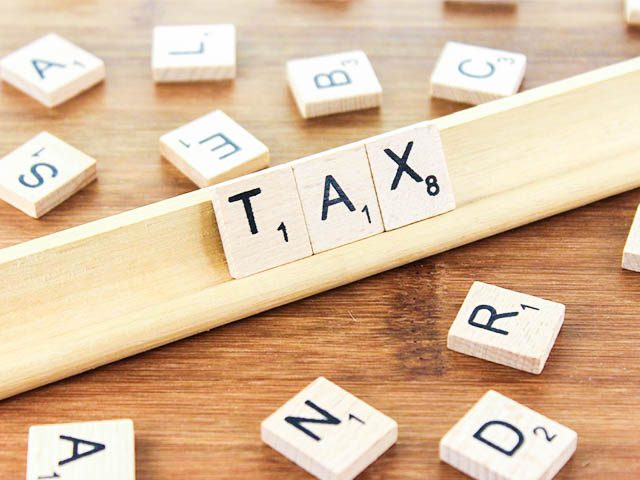OVERVIEW OF P.R.C. INDIVIDUAL INCOME TAX
The multi-tiered individual income tax (IIT) system and the frequent changes in the IIT regulations make the PRC IIT system complex to understand. PRC Individual Income Tax “IIT” is a percentage deducted from the income that is derived in China. This involves wages, and salaries received by foreigners while working in China. Income received from a firm based abroad may also be taxable in China depending on certain factors.
This article will provide an overview of IIT covering some of the key points that more relevant from the perspective of expatriates working in China.
FACTORS THAT DETERMINE TAX LIABILITY FOR EXPATRIATES
Whether a foreigner is liable to pay IIT in China, and the extent to which he or she is liable, depends upon:
- how long the individual has been living in China;
- what is the source of the individual’s income; and
- who bears the salary cost of the individual.
The first factor, the duration of stay can be determined by tax treaties between China and the home country of the expatriate. There are four different situations as shown in the accompanying chart.
EMPLOYERS AND EMPLOYEE SHARES
The employer’s and employee’s share depends on the city and the kind of insurance the expatriate or the entity is subjected to.
Social insurance rates valid as at October 01, 2013The social insurance basis and housing fund basis may be updated for several cities each year but in different periods. For instance, in Shanghai, the social insurance basis is updated each year in April and housing fund basis is updated in July. The new social insurance basis for April 2014 to March 2015 is not available as of the date of publication of this article.
Please be advised that the housing fund contribution is not applicable to foreigners regardless of the city where they are residing.
INDIVIDUAL INCOME TAX FILING PROCEDURE
The expatriates must file tax returns on a monthly basis. If the annual income exceeds RMB 120,000, then it is mandatory to do an annual tax filling as well.
There are different ways of paying and reporting IIT. The expatriate may use a withholding agent such as the enterprise that pays salary to the foreign individual is responsible for withholding the IIT, deducting it from the income. The payment must be done within 15 days after the monthly payment.
Also, there are five circumstances, required by the tax regulation in China, in which taxpayers have to self-declare their yearly income:
- Income over RMB 120,000
- Receiving income from two or several local employers
- Receiving income outside China
- Receiving income without withholding agent
- Other cases that are to be cleared by State Council
When exceeding 120 000 RMB, it is mandatory to declare the taxes at the end of the year, most importantly, within three months. If the situation is to be found in the four last categories, then taxes must be paid monthly after receiving the salary.
The onus to file monthly and yearly IIT returns on time is on the individual. In case of any evasion or violation, the taxpayer may be subject to a fine (between RMB 2,000 and RMB 10,000) and even imprisonment, in grave cases. When there is a suspicion of tax evasion, the suspect may be restricted to leave the country.
TAXABLE INCOME
Note that it is important to provide tax authorities with the right invoices proving the income to be exempted from taxation. Besides, the general tax rate of non-employment benefits is an interval from 5% to 35% that depends on the source of income.
IIT Rates
Valid as at September 01, 2011






